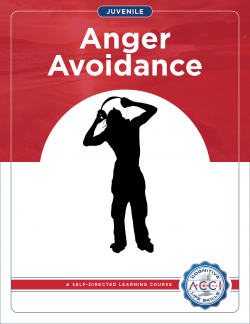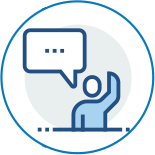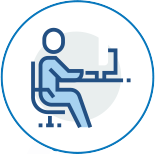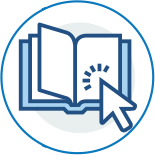


Consistent anger is just a symptom of a greater mental or emotional disease. This course helps youth and parents to discover the source of their child’s anger and how to avoid it. The course demonstrates the connection between self-defeating thoughts and behaviors that lead to life altering changes. It is a work of historical fiction that follows the lives of some who do or do not learn to avoid anger.
The objective of this course Is to focus on the root causes of anger and to teach cognitive skills that can help youths avoid anger before it takes control.
Some people have free-floating anger and erupt like a volcano without notice. Their anger is fueled by the four root causes—negative primary emotions. These emotions can be expressed as secondary emotions, which can result in negative behaviors. Anger is a natural emotion. People who live In growth have less of it, and people who live in decay have more of it When you don’t let anger in, it has no control over you.



Our beginnings don't have to be our endings.
We receive most of our values at home.
Growth, stagnation, or decay is a choice.
If we are not happy, it is our fault.
Arguing never works; everyone loses.
People with good people skills go funkier In life.
If we go with the flow, we could end up in decay.

Course Format: eLearning and Printed Workbook
eLearning Length: 500 Slides
Scientific Model: Cognitive Restructuring
Author and Publisher: ACCI Liteskills
Item Number: W 136
Workbook Pages: 48
Course Length: -8 hours

1. Antisocial cognitions
2. Antisocial companions
3. Antisocial personalities
4. Family relationships
